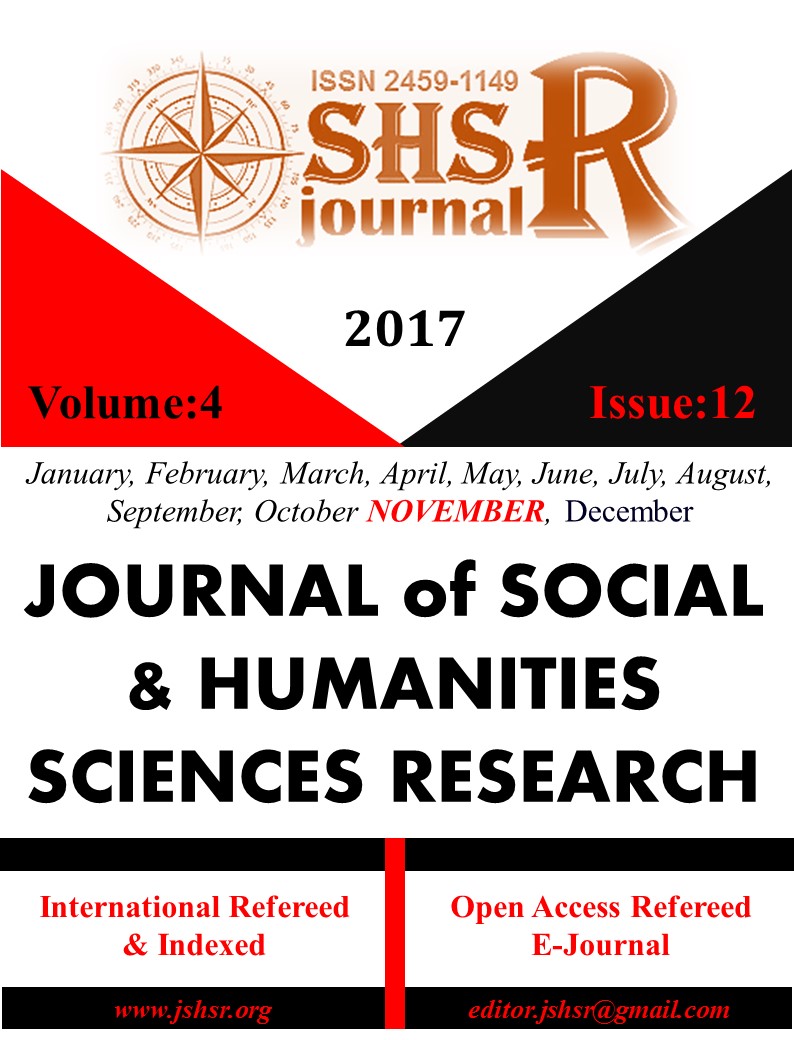EKONOMİK ENTEGRASYONLARIN ULUSLARARASI TİCARETE ETKİLERİ
DOI:
https://doi.org/10.26450/jshsr.189Anahtar Kelimeler:
Ekonomik Entegrasyon, Entegrasyon Aşamaları, Entegrasyonun EtkileriÖzet
20. yüzyılın en belirgin özelliği ekonomik, kültürel/sosyal, teknolojik, iletişim, ulaşım, çevresel/demografik v.b. alanlarda ortaya çıkan yenilikler ve bu yeniliklerin ülkelere etkileri olarak görünmektedir. Bu değişimin hızı ve ülkeleri etkileyiş şekli her ülkenin bölgesel yapısı ile ülke içinde mevcut sosyal ve ekonomik yapısının durumuna bağlıdır. Ülkeler bu değişimin hızına ayak uydurmak, geride kalmamak amacıyla birbirleriyle birçok alanda ekonomik entegrasyonlar kurarak dünya refahından pay almaya çalışmışlardır. Ekonomik entegrasyonlar öncelikle ticari alanlarda serbestleşme olarak görünse de ileriki safhalarda ülkelerin ticaret dışında diğer alanlarda da ortak bir politika uyguladıkları bir küreselleşme aracıdır.
Bu makalenin konusu, “Ekonomik entegrasyonların kapsamı ve türleri ile başarılı bir entegrasyonun kıstaslarının neler olması gerektiği, dünyadaki entegrasyon örneklerinin bölgesel yapıları, uluslararası ticarette ortaya çıkardığı statik ve dinamik etkiler ile entegrasyonların gelecekte nasıl bir dönüşüme uğrayacağıdır
İndir
Yayınlanmış
Nasıl Atıf Yapılır
Sayı
Bölüm
Lisans
Telif Hakkı (c) 2017 International JOURNAL OF SOCIAL HUMANITIES SCIENCES RESEARCH

Bu çalışma Creative Commons Attribution 4.0 International License ile lisanslanmıştır.


